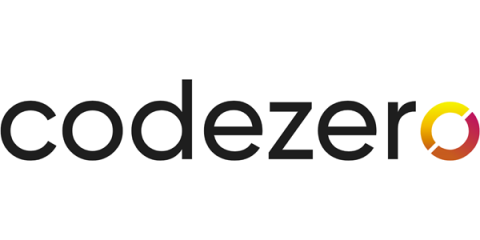Systems | Development | Analytics | API | Testing
Latest Posts
Choosing the best JavaScript framework for your next project
The State of Developer Ecosystem 2022 report revealed that 65% of developers are using JavaScript, making it the most popular language. JavaScript also claims the spot of most popular primary language with 34%. Of all the JavaScript developers 80% use at least one JavaScript framework. Though there are thousands of JavaScript frameworks available, only a small subset of them is being used by developers.
Snowflake Automation: The Key to Scalability and Efficiency
How to Use Shoulda Matchers with RSpec for Ruby on Rails
When writing tests in Rails, you should avoid repetition and have the right amount of tests to satisfy your use case. This article will introduce you to shoulda-matchers with RSpec for testing functionality in Rails. At the end of the post, you should feel confident about using shoulda-matchers in your Rails application. Let's get going!
How to Deploy a Python Flask app with Heroku
In this tutorial, we will build a simple Flask app that is primed and ready to deploy to Heroku. Once the bare bones of the app are built, we will guide you through the setup process on GitHub and Heroku so that you can start making automatic deploys in no time. But before we dive straight into the code, why choose Flask and Heroku in the first place?
2023 in the Rearview Mirror: A Joyful Trip Down Memory Lane and the Exciting Road Ahead
Enterprise Apache Kafka Cluster Strategies: Insights and Best Practices
Apache Kafka® has become the de-facto standard for streaming data, helping companies deliver exceptional customer experiences, automate operations, and become software. As companies increase their use of real-time data, we have seen the proliferation of Kafka clusters within many enterprises. Often, siloed application and infrastructure teams set up and manage new clusters to solve new use cases as they arise.
How To Build An Effective Regression Test Suite?
Regression testing is a must-have testing activity. A quite common best practice is to build a regression test suite consisting of many related test cases for a particular feature. This test suite is scheduled to run automatically after a code update to check if that particular feature is affected by the update. The real question is not about how to build a regression test suite, but rather, on what criteria we should categorize our test cases.










